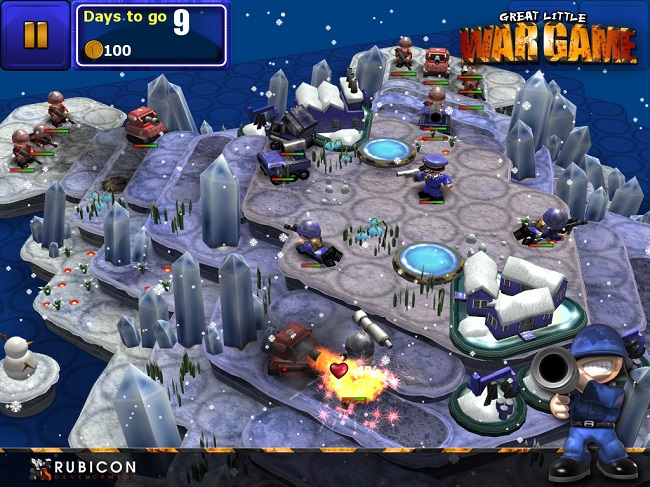Once upon a time, Rubicon Development had been scratching a living doing contract work for various clients for several years. It put food on the table, but it was hardly a commercial easy street, and the work itself was usually uninteresting jobs we wouldn’t have picked given the choice. Such is the life of contract developers – you take what’s offered because that’s all there is.

Unlock premium content and VIP community perks with GB M A X!
Join now to enjoy our free and premium membership perks.
![]()

![]()